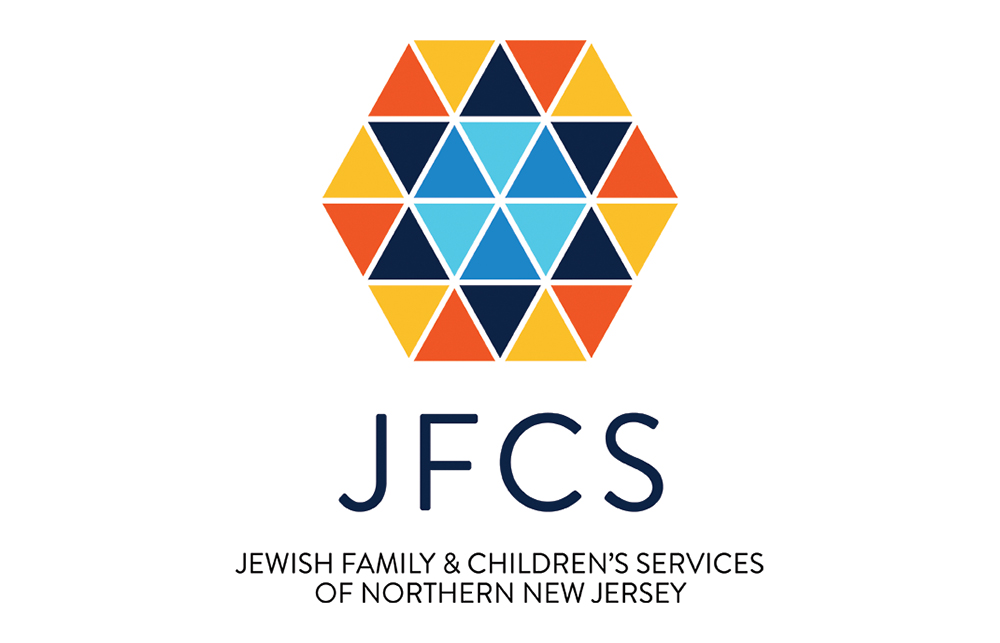
(Jewish Family & Children’s Services of Northern NJ) We live in a digital age and there is no going back. For most of us, the advent of the smartphone, next-day delivery, instant news and countless applications are a boon to our lives. Everything is easier and more convenient, and the ability to communicate is quicker and multifaceted. Yet, despite all these benefits, there is serious concern regarding how devices affect our children. Every study done on the topic comes to the same conclusion—restrictions must exist for our children when it comes to screen time. When children engage excessively with their devices, it can expose them to cyberbullying, hate speech and other inappropriate content, affecting their mental health and the health of their relationships with others.
One way we approach this issue at JFCS is by focusing on the parents’ role. Parents are the ones who buy the devices for their kids and pay their subscription plans, so it is clear that they need to be a part of the solution. We work with parents to understand how devices affect their children’s mental health and what methods and habits they can adopt for their whole families to live a healthy and balanced lifestyle.
We worked recently with a couple who have two pre-teen daughters. The parents noticed that their kids barely spoke to them and that they were displaying signs of social anxiety, particularly when it came to their friends at school (or lack thereof). Through sessions with their JFCS psychotherapist, we discovered that each of their daughters had their own device, unlimited access to social media, and no restrictions on device usage. The parents thought their children could self-manage their screen time but they learned that they need to have a bigger part in establishing boundaries for their daughters’ digital lives. Guided by their JFCS psychotherapist, the parents learned to establish boundaries for their children—no devices in bed, family meals with no devices, restrictions on certain content—and the parents set the same boundaries for themselves. After implementing these changes, the parents reported back that the stress level in the house has gone way down, their children are doing better engaging with their friends at school, and the family is spending more time together and less time glued to their devices.
Raising children in 2024 can seem daunting, but JFCS is here to help parents navigate life in the digital age.
To learn more about JFCS, donate, volunteer, or request services, please visit jfcsnnj.org or contact us at [email protected] /
201-837-9090.












